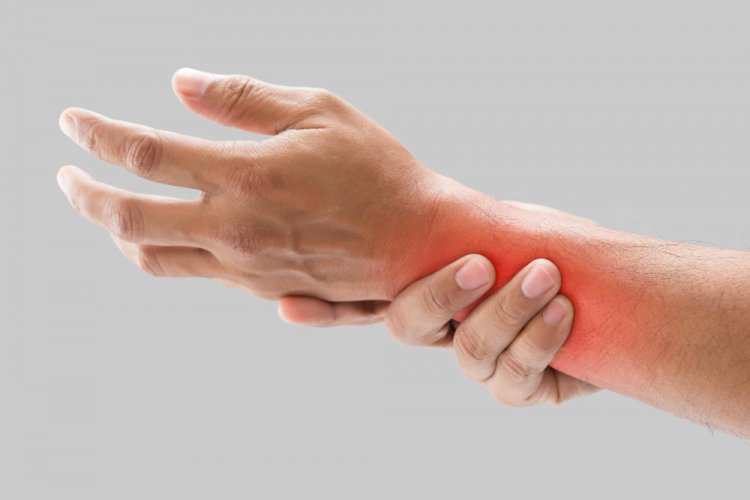Guillain-Barre Syndrome: An In-Depth Look into the Rare Neurological Disorder
Guillain-Barre Syndrome (GBS) is a rare autoimmune disorder affecting the peripheral nervous system. First identified by French physicians Georges Guillain and Jean Alexandre Barre in 1916, GBS manifests with rapid onset muscle weakness, often progressing to paralysis and potentially life-threatening complications.

Causes
The precise etiology of GBS remains elusive, but it's typically triggered by an abnormal immune response to preceding infections. Most frequently, bacterial or viral infections such as respiratory or gastrointestinal illnesses precede the onset of GBS. The immune system, in its attempt to combat the infection, mistakenly targets the peripheral nerves, leading to the characteristic symptoms of GBS.
Symptoms
GBS symptoms evolve swiftly over days or weeks. Initial indications often involve weakness and tingling sensations, primarily in the legs, which may spread to the arms and upper body. In severe cases, muscle weakness progresses to paralysis, affecting respiratory muscles and potentially leading to respiratory failure.
Other common symptoms include:
- Impaired eye movement or facial expressions
- Difficulty swallowing or speaking
- Irregular heart rate or blood pressure
- Pain, typically described as aching or cramping
Diagnosis
Diagnosing GBS can be intricate due to its resemblance to other neurological disorders. A comprehensive assessment, including medical history, physical examination, and various diagnostic tests, is essential for confirmation. Tests may involve electromyography (EMG), nerve conduction studies, lumbar puncture (spinal tap), and blood tests to evaluate inflammation and infection markers.
Treatment
While no cure exists for GBS, timely intervention can mitigate symptoms and enhance outcomes. Treatment aims to reduce inflammation and support recovery. Intravenous immunoglobulin (IVIG) therapy and plasmapheresis (plasma exchange) are primary treatments, modulating the immune response and alleviating symptom severity and duration.
Supportive care is vital, especially for individuals with severe symptoms. This may encompass physical therapy, occupational therapy, and respiratory support to avert complications such as pneumonia and respiratory failure.
Prognosis
GBS prognosis varies widely depending on symptom severity and individual health. Some individuals achieve full recovery with minimal long-term effects, while others may experience lingering weakness or neurological deficits. In rare instances, GBS can be fatal, particularly if respiratory muscles become paralyzed.
Conclusion
In conclusion, GBS is a rare yet potentially debilitating neurological disorder characterized by rapid-onset muscle weakness and paralysis. Though its exact cause remains uncertain, advancements in medical understanding and treatment have improved outcomes for many affected individuals. Early recognition, prompt medical intervention, and comprehensive supportive care are paramount for optimizing recovery and minimizing complications associated with this challenging condition.
#GuillainBarreSyndrome #GBS #NeurologicalDisorder #AutoimmuneNeuropathy #RareDisease #MedicalScience #Neurology #MedicalResearch #Healthcare #Awareness #TreatmentOptions #SupportiveCare #Recovery #MedicalAdvancements
Disclaimer:
The information provided in this article is for educational purposes only and should not be considered medical advice. If you have any health concerns or are experiencing symptoms, it is important to consult with a healthcare professional, such as a doctor or clinic, for proper diagnosis and treatment. Always seek the advice of your doctor or other qualified health provider with any questions you may have regarding a medical condition. Do not disregard professional medical advice or delay in seeking it because of something you have read in this article.
What's Your Reaction?





















